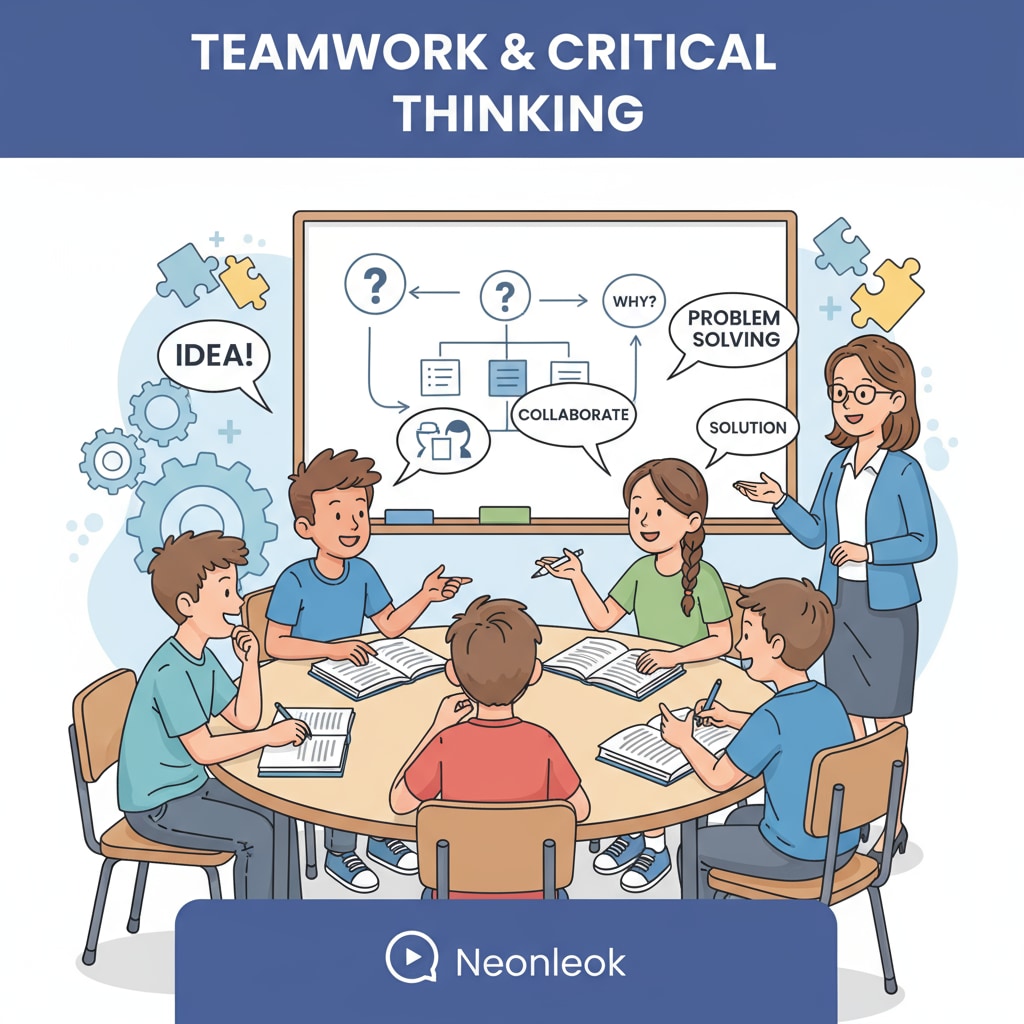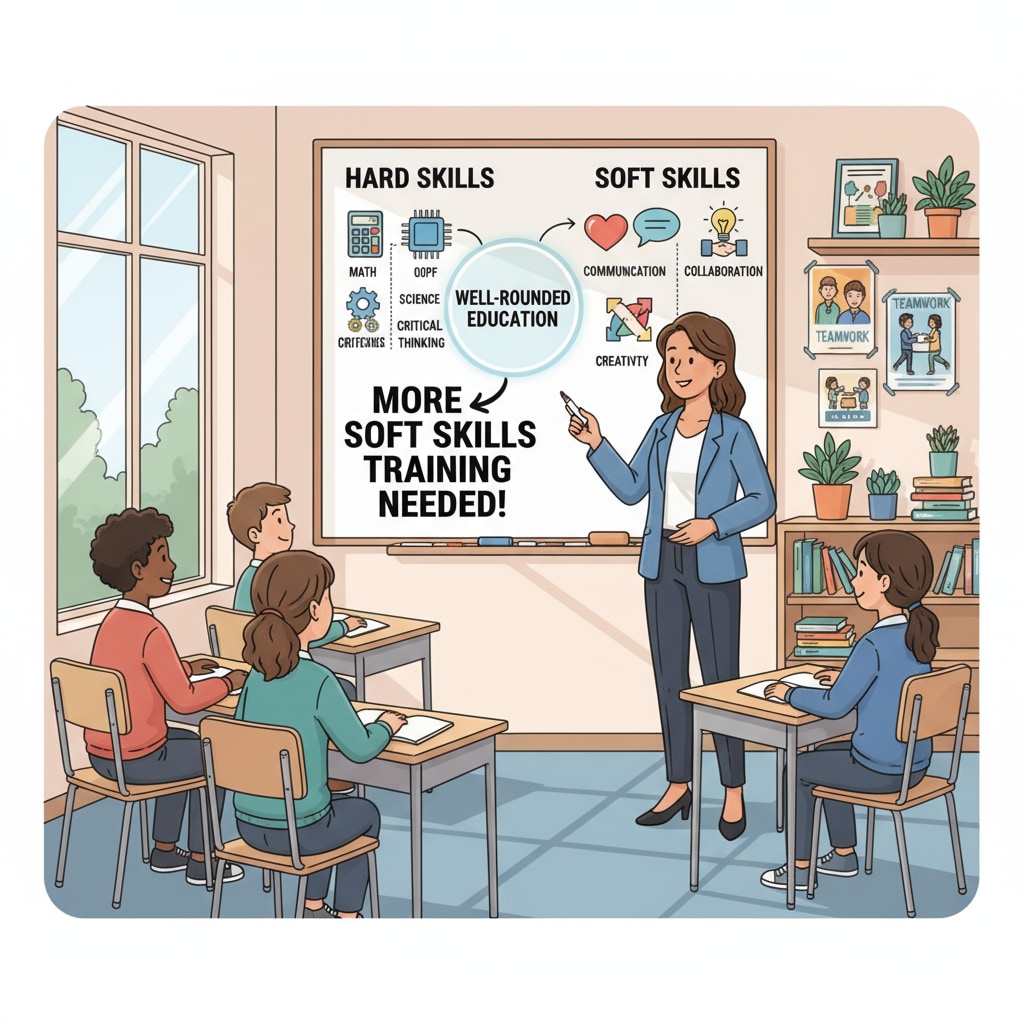In today’s educational landscape, the significance of soft skills in secondary education, particularly critical thinking, cannot be overstated. Secondary education often places excessive focus on academic achievements, leaving students ill-prepared for the real world. As a result, when these students enter society, they face numerous challenges in adapting to the complex social environment. This calls for a profound exploration of the reasons behind the lack of soft skills and the development of effective implementation methods.

The Consequences of Neglecting Soft Skills in Secondary Education
Many secondary schools are fixated on academic performance, believing that high grades are the key to a successful future. However, this narrow focus has led to a significant oversight of soft skills. For example, students may excel in exams but struggle when they need to communicate effectively, solve real-world problems, or work in teams. According to Britannica, the lack of soft skills can limit students’ ability to fully engage in social interactions and professional development later in life.
Reasons for the Lack of Soft Skills Cultivation
One major reason is the traditional education system that prioritizes rote learning and standardized testing. Teachers are often pressured to cover a vast amount of academic material, leaving little time for soft skills training. Additionally, there is a lack of clear guidelines and resources for integrating soft skills into the curriculum. As Wikipedia points out, the education system needs to adapt to the changing demands of the modern world to better prepare students.

Integrating Soft Skills into the Curriculum
To address this issue, schools should integrate soft skills such as critical thinking and teamwork into the curriculum. For instance, teachers can design projects that require students to analyze problems critically, work together in teams, and present their findings. This not only enhances their academic knowledge but also develops essential soft skills. By incorporating real-life scenarios into lessons, students can learn how to apply these skills in practical situations.
In conclusion, the cultivation of soft skills in secondary education, with a focus on critical thinking, is of utmost importance. It’s time for the education system to undergo a comprehensive transformation to ensure that students are well-equipped with both academic knowledge and essential soft skills for a successful future.
Readability guidance: Short paragraphs and lists are used to summarize key points. Each H2 section provides a list when possible. The proportion of passive voice and long sentences is controlled, and transition words are scattered throughout the text.


